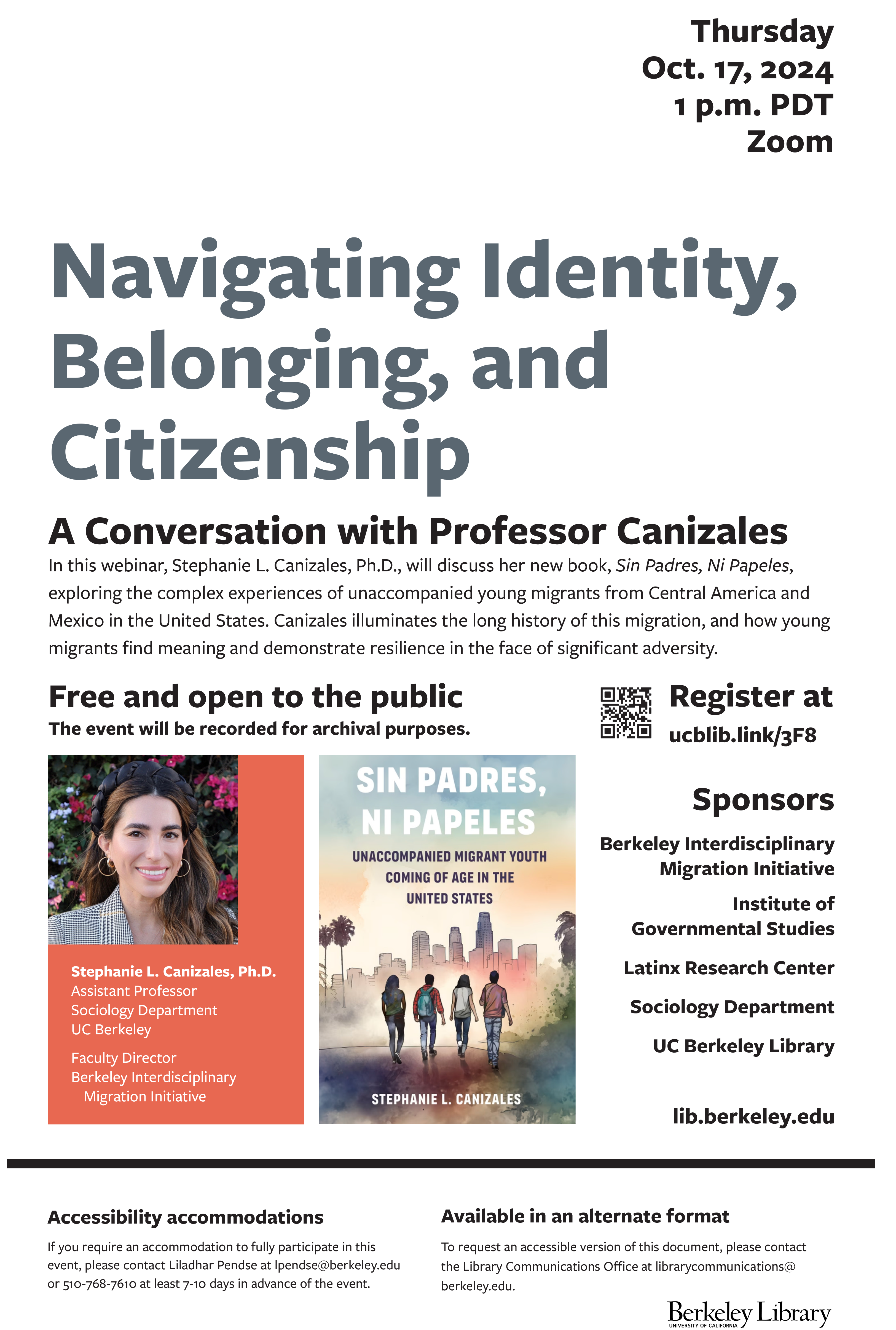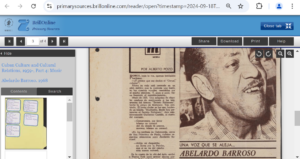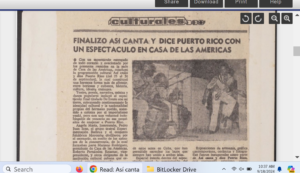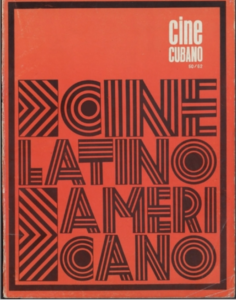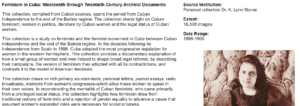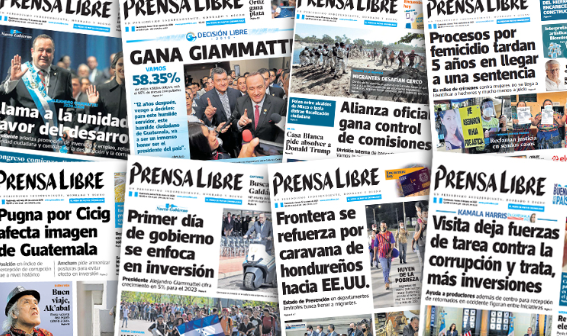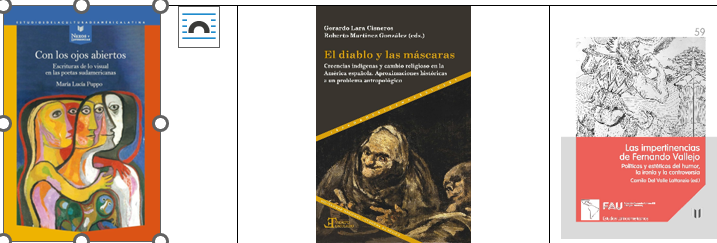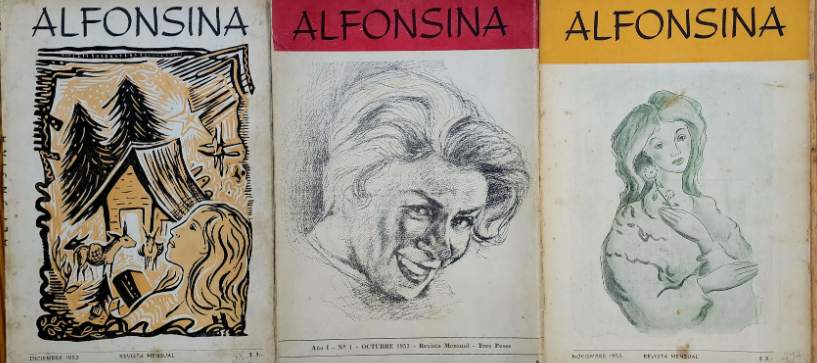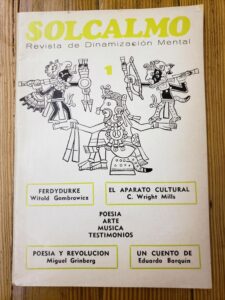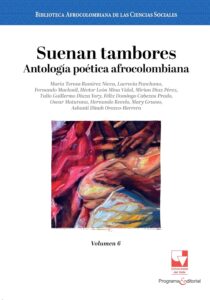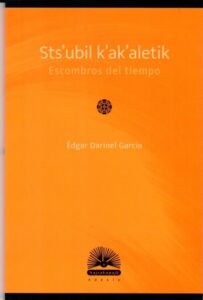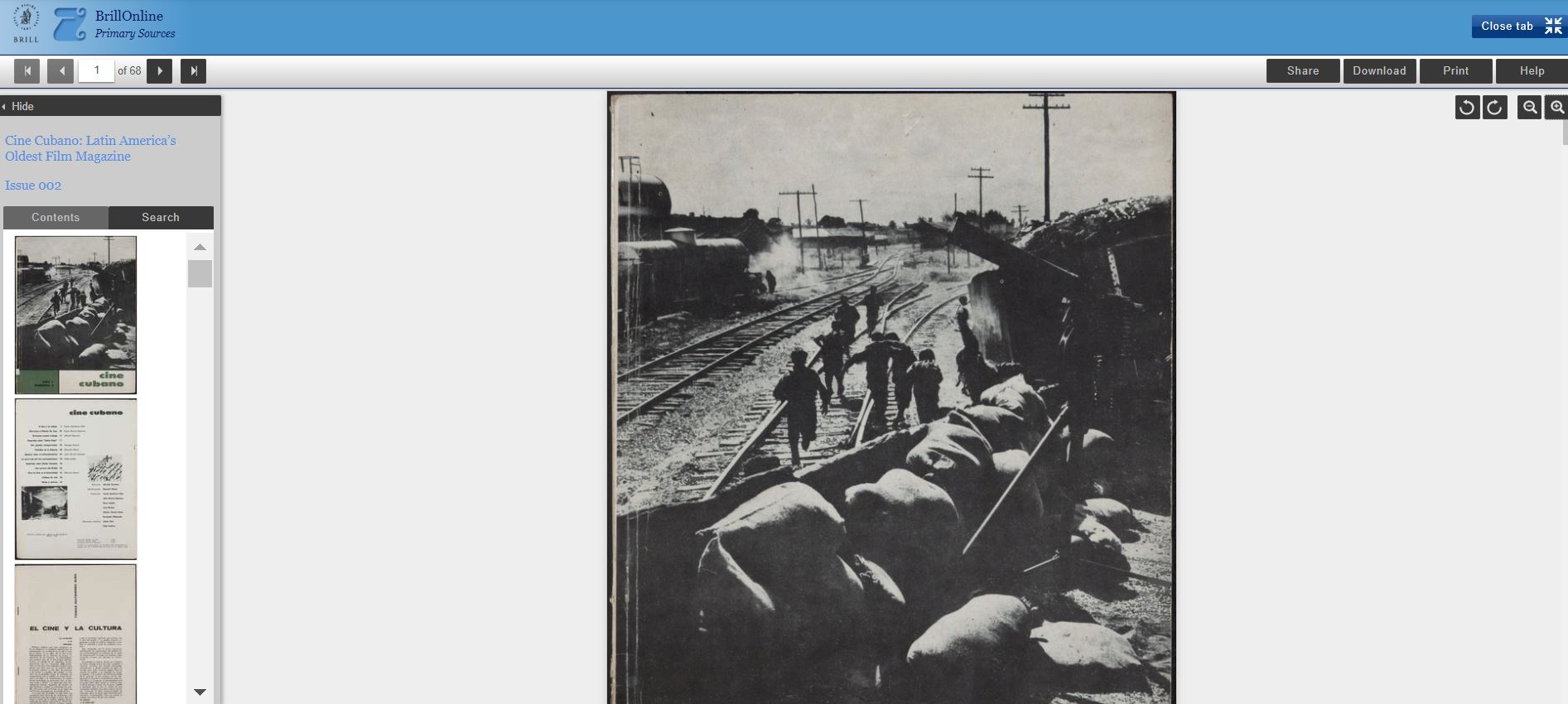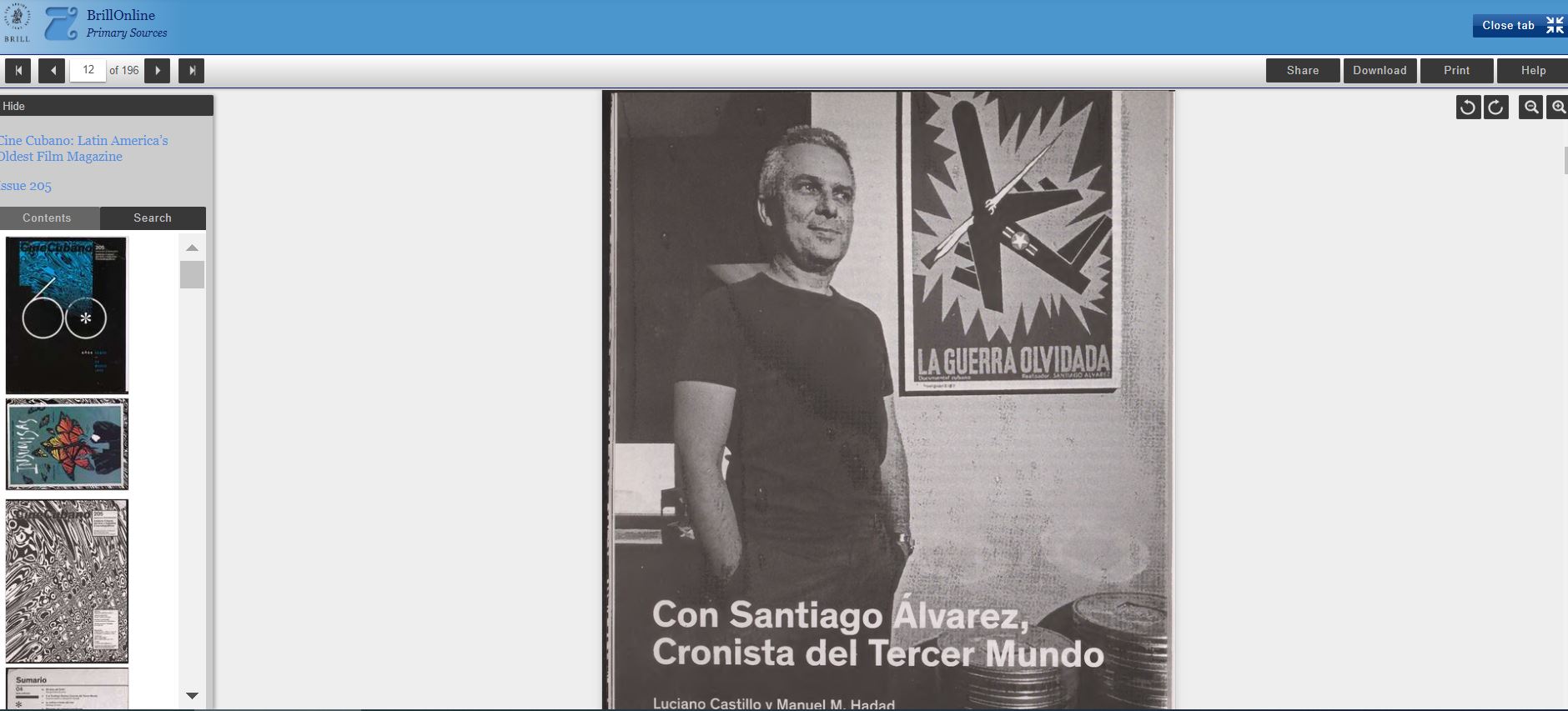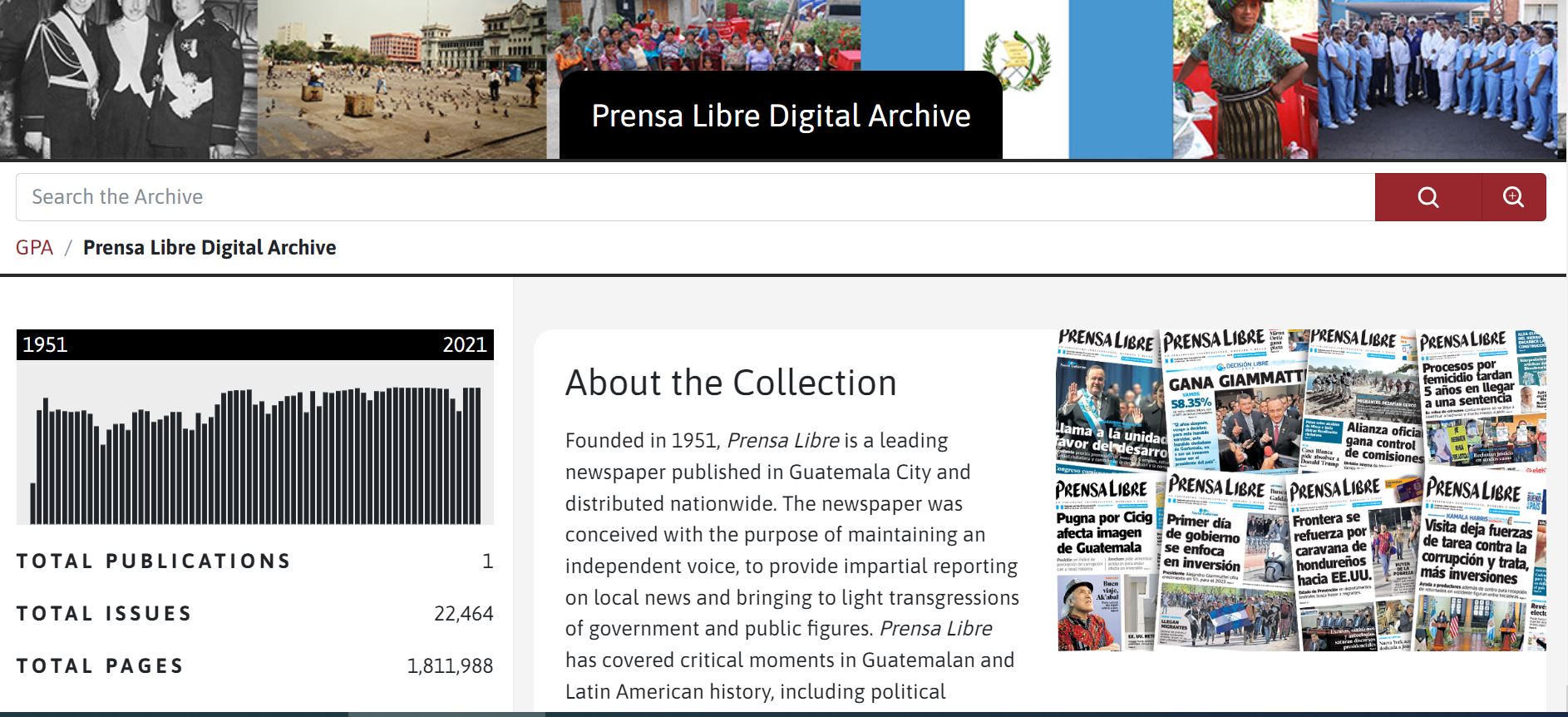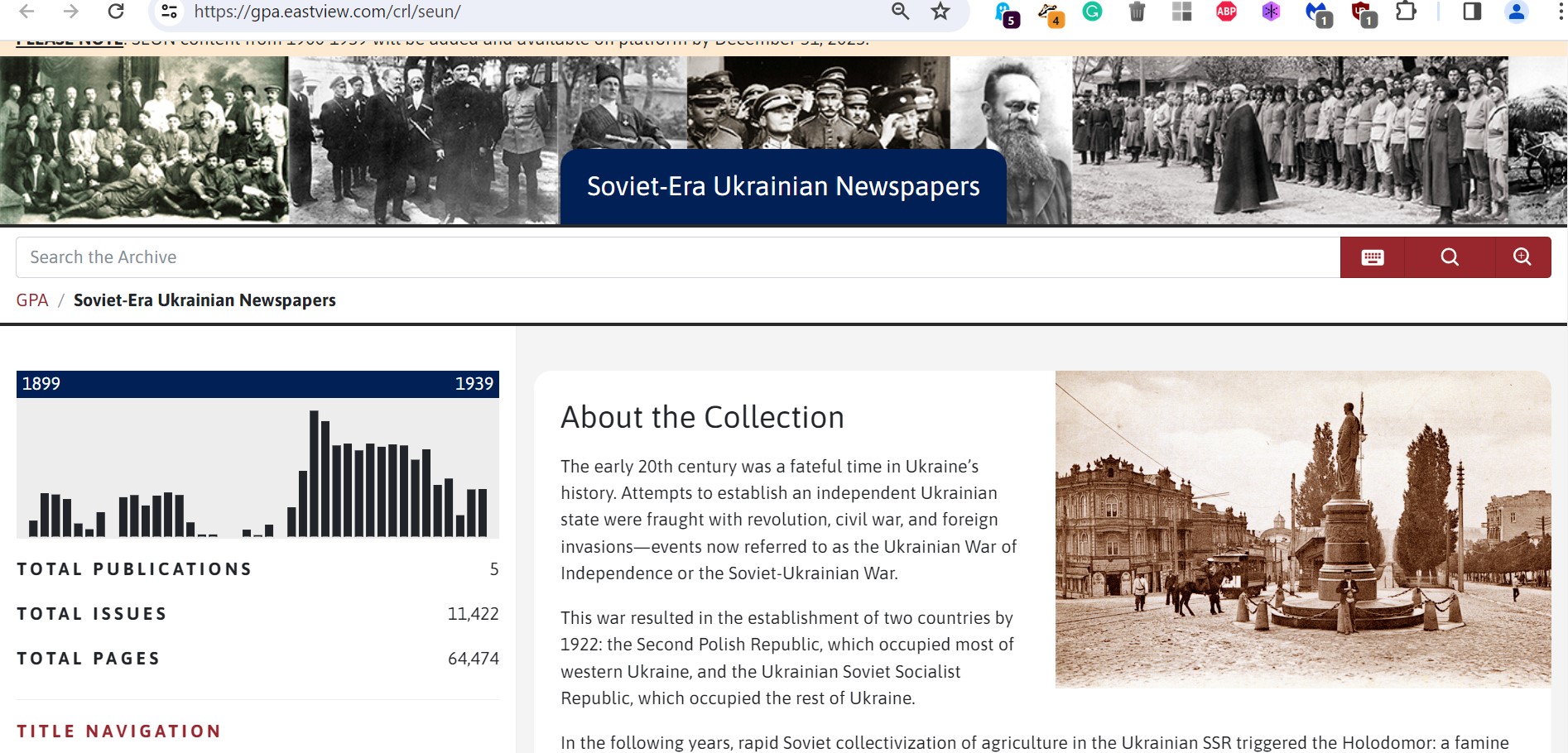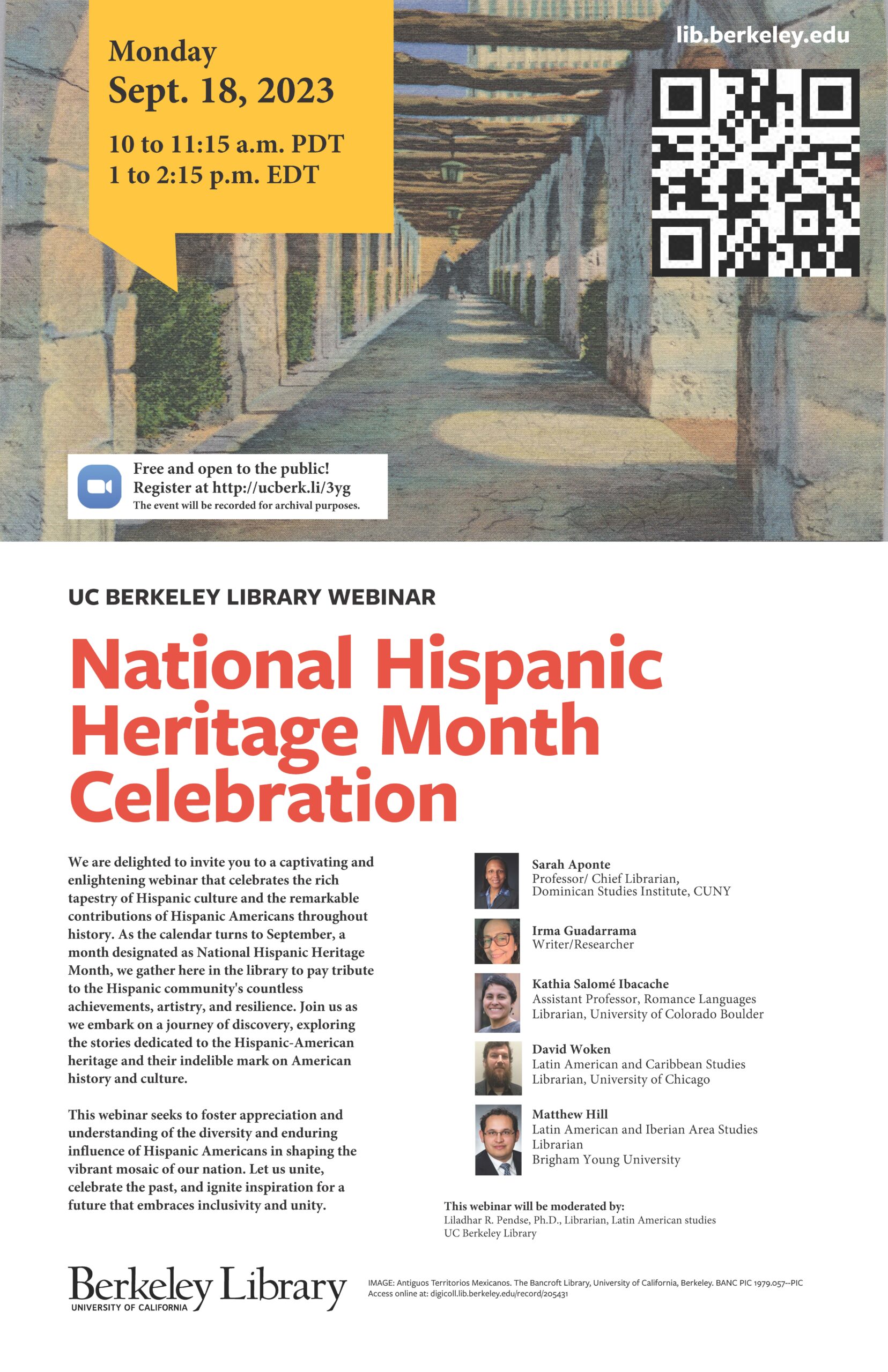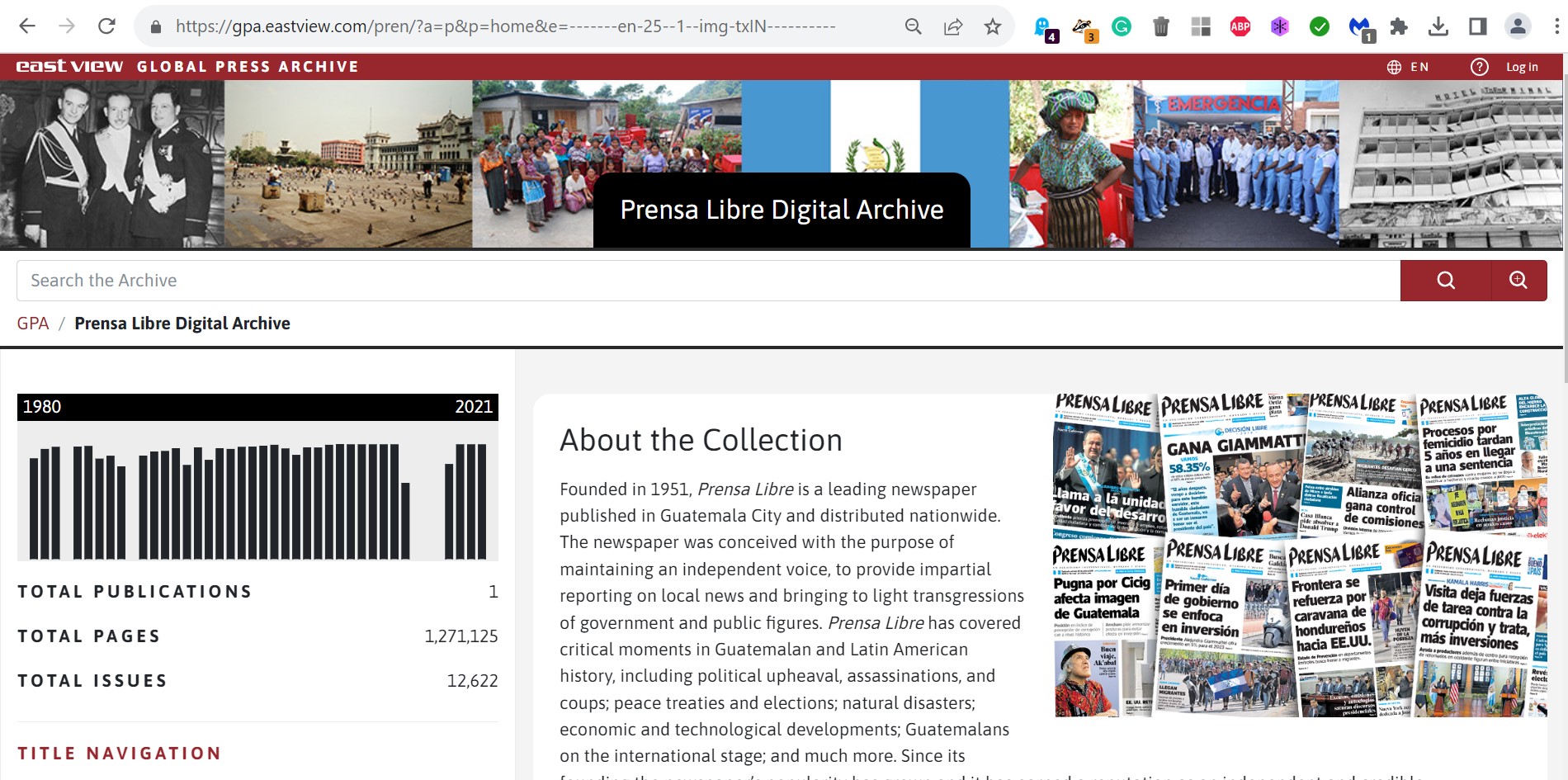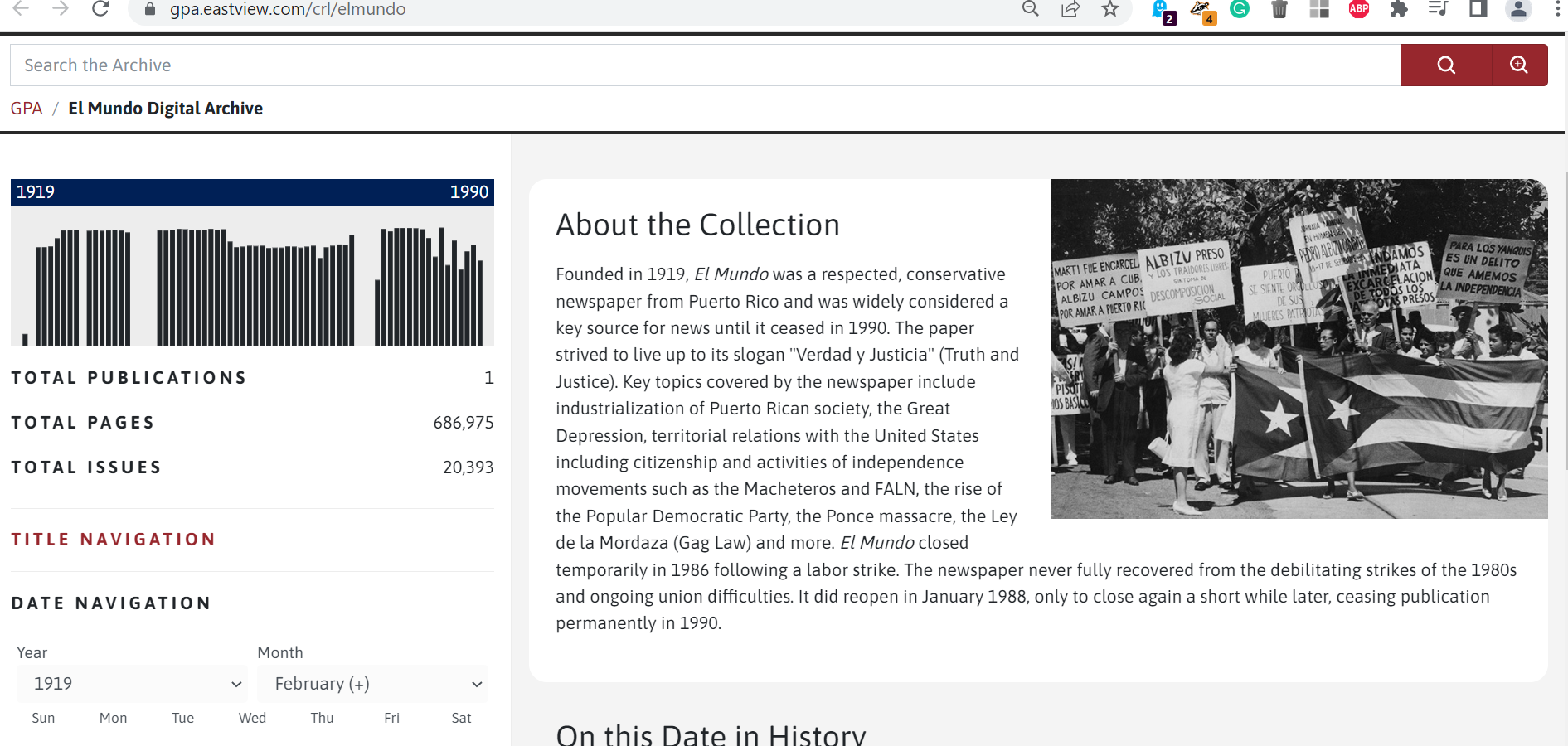VANDERBILT LIBRARY TRAVEL GRANTS
The Center for Latin America, Caribbean, and Latinx Studies (CLACX) at Vanderbilt offers a short-term library research grant to promote scholarly use of the library’s extensive Colombian collections. The Title VI National Resource Center grant from the US Department of Education funds the grant, which will be used during the fall or spring of 2024-5 and completed by July 2025. Recipients are awarded up to $2000 to support expenses such as airfare and lodging.
The Latin American collection is one of Vanderbilt’s longstanding strengths. In particular, the Colombian collection is one of the country’s most distinctive collections. Please refer to: a general description of Vanderbilt’s Latin American special collections. There are websites with digital content of some of the library’s prized distinctive collections: the Helguera Collection of Colombiana and the Delia and Manuel Zapata Olivella Collections. Finding aids are available for portions of these archival collections. Additional materials can be found in the Library’s catalog.
Questions regarding the collections or the application process should be directed to Paula Covington, Latin American, Iberian, and Latinx Librarian.
ELIGIBILITY:
- Current scholars at a college or university or research institute
- Faculty or students at the dissertation level
- Demonstrated research and teaching interest in Latin America
The application deadline is October 1, 2024. Questions regarding the collections or the application process should be directed to Paula Covington, Latin American Specialist. Applications should be sent to the Center for Latin American, Caribbean, and Latinx Studies (CLACX).
Please submit a current CV, budget, and statement about the research project. Include the topic, a plan of materials to be consulted, and a description of how the resources will enhance your teaching and/or your research project.
Within two weeks following the completion of the access period, grantees are required to submit to the Center a one-page report detailing the work carried out during the grant period. Reports will be provided to the U.S. Department of Education for grant reporting purposes.
BECAS PARA VISITAR LA BIBLIOTECA DE VANDERBILT
El Centro de Estudios de Latinoamérica, el Caribe y Latinx (CLACX) en Vanderbilt está ofreciendo becas para aquellos investigadores interesados en viajar a visitar la rica y extensa colección de materiales exclusivos en colombiana. Estas becas deben ser utilizadas durante el otoño del 2024 o en la primavera del 2025 y el viaje debe completarse en julio, 2025. Estos fondos vienen del Departamento de Educación Pública de los Estados Unidos “Title VI National Resource Center (NRC)” por hasta $2000 dólares para contribuir por hospedaje y/o vuelos.
COLECCION COLOMBIANA:
La Colección Latinoamericana de la Biblioteca de Vanderbilt es uno de sus más fuertes recursos reconocidos, en particular la colección Colombiana es una de las más distintiva en este país. Aquí encontrará su referencia y descripción: Latin American special collections. Tenemos paginas digitales en nuestro sitio web con selecciones de las colecciones prestigiadas como: La Helguera Collection of Colombiana y de Delia and Manuel Zapata Olivella Collections. Contamos con ayudas de búsqueda para visitar porciones disponibles de estos archivos: archival collections. También contamos con materiales adicionales que podrá encontrar aquí:
Library’s catalog.
Para cualquier pregunta con relación a las colecciones o proceso de aplicación, dirigirlas a Paula Covington, Latin American Specialist.
ELEGIBILIDAD:
- Investigadores dados de alta en Universidades o Institutos
- Estudiantes o facultad docente a nivel de posgrado
- Demostrar que tiene intereses de investigación o enseñanza en Latinoamérica
REQUERIMIENTOS:
- Fecha límite para aplicar es octubre 1, 2024. La aplicación debe ser mandada al Center for Latin American, Caribbean, and Latinx Studies (CLACX)
- Por favor mande su CV, presupuesto de gastos, y un escrito sobre su proyecto de investigación. Incluya el tema que trabaja, que materiales consultara, y describa como estos recursos elevaran su proyecto y/o su docencia. Nos gustaría que compartiera su trabajo en una ponencia para nuestros colegas de Vanderbilt.
- Durante las dos semanas después del término de su visita, aquellos seleccionados para recibir la beca deben escribir un reporte de una página detallando su trabajo realizado en Vanderbilt. Este reporte se mandará al Departamento de Educación Pública como parte de nuestro reporte de manejo de fondos.
TERMINOS:
- Fondos de NRC son distribuidos como reembolsos. Estos fondos deben ser usados para transporte y/o hospedaje únicamente.
- Fondos de NRC no pueden ser utilizados en alimentos.
- Todo aquel que esté interesado, incluidos los investigadores Internacionales, son responsables por su propia cobertura de seguro médico.
- La residencia debe de ser de un mínimo de 4 días hábiles.
